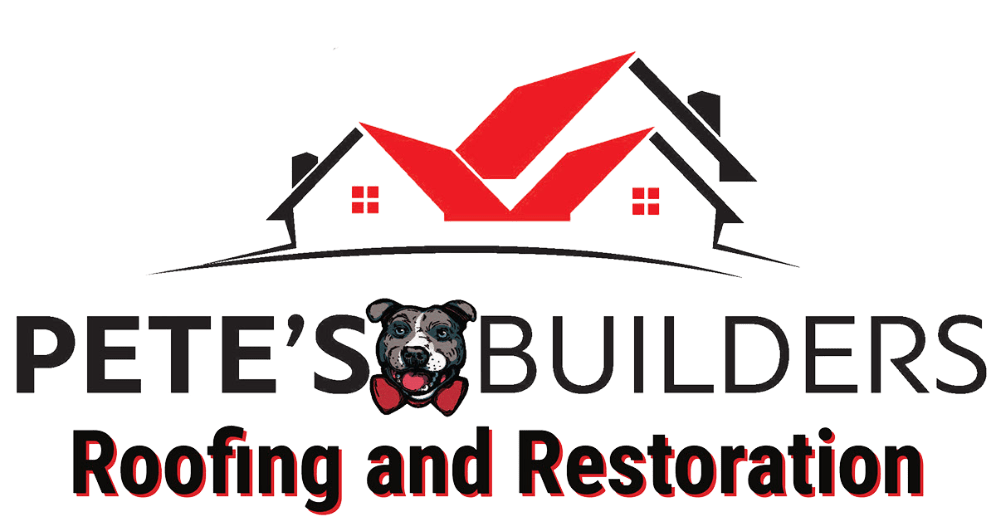This makes selecting the proper business roofing suitable for your company even more essential. The correct roofing is both protective for your building, resides in your budget, and delivers results for the long run. In this article, we’re going to provide information on the best types of commercial roofing systems that will enable you to make an informed decision.
Built-Up Roofing (BUR) Membrane
Built-Up Roofing Membrane (BUR): A durable type in which several layers of fabric and tar are layered on top of each other, then the membrane is covered with small stones to protect it. It makes for a great waterproofing and insulation.
Pros:
Good for leak-proof and waterproof.
- Low cost and economical.
- Easy to install.
Cons:
- Slippery when wet.
- Not appropriate for roofs with a steep slope.

2. Metal Roofing
Metal roofs are the most common commercial roofing type, famous for their longevity and reliability. Many metal roofs (depending on the type) last for 50 years or more, and are thus very sustainable through their low-maintenance approach.
Pros:
- Highly Resistant and stagnant.
- Little upkeep, and great tolerance to corrosion.
Cons:
- It has a more expensive up front cost than other roof systems.
- Slippery when wet.

3. Modified Bitumen Roofing (MBR)
What is it — Modified Bitumen Roofing is a versatile commercial roofing system that contains asphalt-saturated material with embedded fiberglass to provide strength. This is an economical option for small companies.
Pros:
- Inexpensive setup cost upfront.
- Water Leak Prevention — Well functioning.
Cons:
- A life expectancy of approximately 15 years,
- which is a shorter duration.

4. Thermoset Roof Membrane (EPDM)
EPDM (Thermoset Roof Membrane) – Weather, impact and temperature resistant with a long service life. Its high resistance to UV rays and low water absorption properties make it a perfect choice for commercial roofs where traffic is frequent.
Pros:
- Durable and can withstand the heat.
- Great low water absorption, perfect for wet areas.
Cons:
- Expensive to install.
- Slippery when wet.

5. Thermoplastic (PVC & TPO) Roof Membrane
Modified rubber roofs have fed on some reputation, however thermoplastic roofing is simply gaining traction due to its flexibility and extra wonderful excessive-impact strength. It saves energy and money, making it an excellent option for companies aiming to cut down on their energy expenses.
Pros:
- Cheap and inexpensive (strange to say cheap in French so this is used).
- Have infinite life and stand firm against bad weather conditions.
Cons:
- Requires regular maintenance.
- Life expectancy shorter than other roofing types.

6. Garden “Green” Roofing System
Garden Roofs: You can imagine your effing garden roofs, also known as green roofing systems that create layers for plants to grow over your building. They insulate to cut back the building’s ambience, carbon footprints, and offer a pleasing ambiance.
Pros:
- It’s Eco-Friendly and Saves Carbon Emissions
- It offers very high insulating power.
Cons:
- Installation is expensive i.e. drainage and plant management required
- Requires ongoing care and maintenance.

7. Asphalt Shingles
Asphalt Shingles: A low cost and quick commercial roofing solution, asphalt shingles are used for both commercial and residential roofs. They resist water, and most others are suitable for general climates.
Pros:
- Relatively inexpensive and simple to set up.
- Holds a fine performance in versatile climate conditions.
Cons:
- Not as durable as other roofing materials.
- Needs maintenance more often and has a shorter lifespan.

FAQs About Commercial Roofing
Q: How to pick the right commercial roofing for your business?
What other things should be kept in mind while choosing the right roofing system for a business premises based on the local climate?
How long does it last?
That depends on the type of material. Metal roofs can last longer — more than 50 years, but asphalt shingles last 15-30 years for instance.
Q: How often should you have a commercial roof inspected?
How often should commercial roofs be inspected? A: Commercial roofs should be inspected a minimum of at least twice a year as well as after any catastrophic weather event.
Q: Is it worth integrating green roofs?
So, are Green Roofs worth it?
Q: Which is the cheapest type of commercial.
Which materials are the most affordable? A: Asphalt shingles and modified bitumen roofing systems are two of the most economical choices.
Click here to get All types of commercial roofing services for your home and Business buildings

